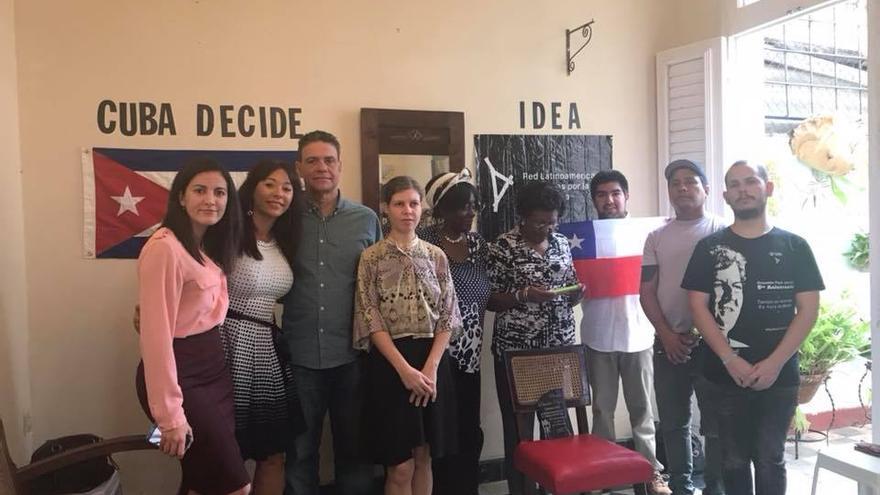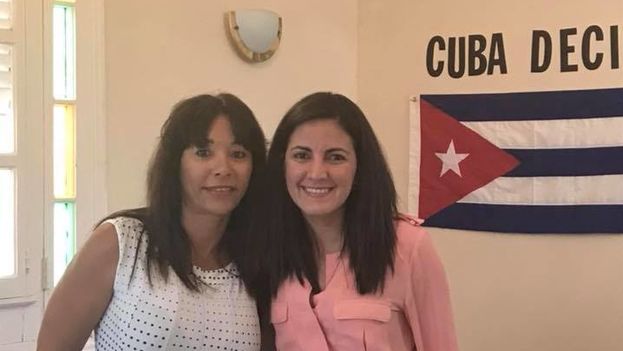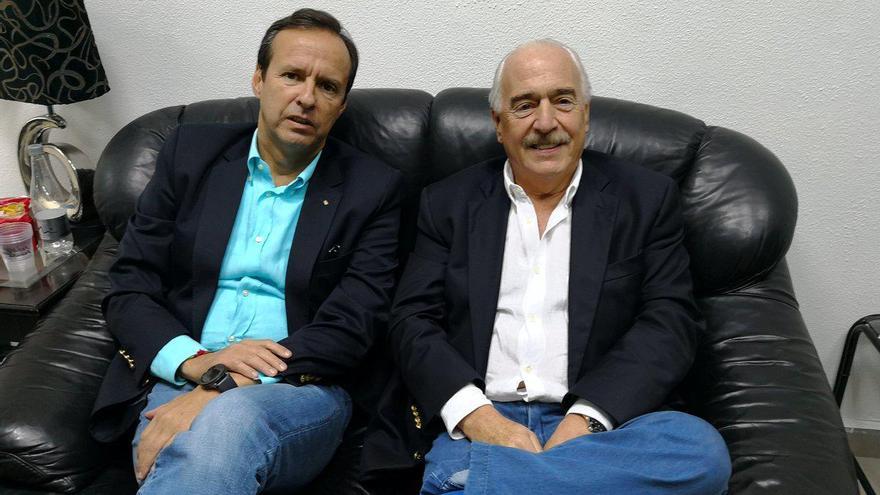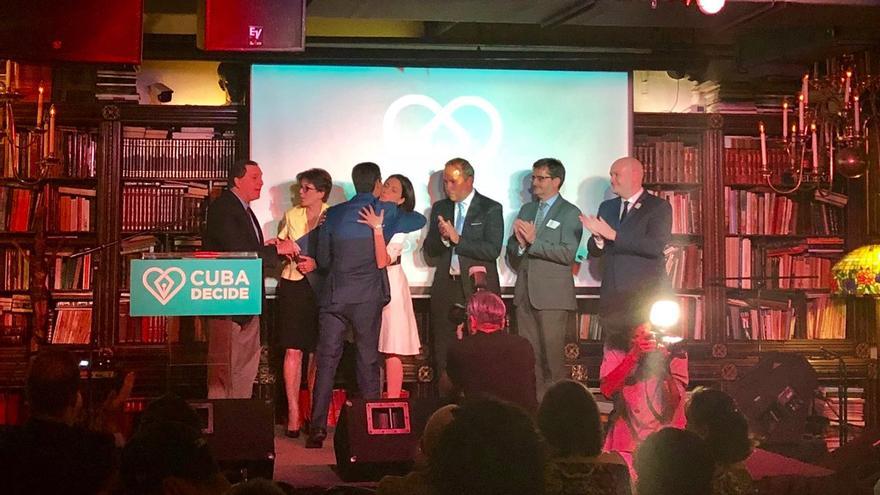The Cuban Minister of Foreign Affairs, Bruno Rodríguez Parrilla, attended the forum to present his government’s report on the human rights situation on the island, as part of a Universal Periodic Review process carried out for all UN member states.
“In Cuba, the law cannot be violated (…) in the service of an external agenda of regime change, of the constitutional order and of the political system that Cubans have freely chosen,” said the minister, who said that those who act that way “do not deserve the noble qualification of defenders of human rights.” continue reading
On the other hand, Rodríguez affirmed that civil society is gaining increasing importance at the national level and that there are currently 2,200 such organizations of this type in the country.
He insisted that civil organizations participate extensively in the design, execution and evaluation of programs with social impact.
During his presentation before the UN Council, Minister Rodríguez defended Cuba’s “democracy model,” which he considered “participatory and popular” and which, according to him, is not limited to electoral processes, but includes effective citizen participation in public matters.
“Our electoral processes are not media contests between elitist political parties, in which candidates make promises that fail, and promote division, hatred, lies and corruption.”
“There is no single model of democracy, nor a pre-established or agreed formula for this concept,” stressed the Foreign Minister.
In another area, Rodriguez denounced that the “worsening” of the United States ‘blockade’ in the economic, financial and commercial realms is the “main obstacle” to the economic and social development of the island.
After the minister’s presentation, the delegations of the Human Rights Council member countries commented on Cuba’s report and made recommendations to the Government; one of the most repeated of these was that there be guarantees for freedom of expression, association, the press and peaceful gatherings.
Several countries asked Rodriguez to extend a permanent and unrestricted invitation to come to Cuba to the United Nations rapporteurs who monitor the progress and setbacks in specific human rights, and to allow them to visit the places they wish, including prisons.
Another suggestion that was mentioned by different delegations was related to the relevance of creating an independent national institution for human rights.
On the other hand, many countries congratulated the Cuban Government on the rights to health, education and culture that are guaranteed to its population.
Hours earlier, Cuban activist Rosa María Payá said that the Cuban government “mocks” the Human Rights Council and that the report presented to this body in the name of an NGO is “fictitious.”
“We are here to denounce the efforts of the Cuban regime to mock us, the Cuban citizens and the Universal Periodic Review process,” said the activist in a meeting with the press hours before that scrutiny.
“The report that the alleged entities of Cuban civil society have sent is totally fictitious, and not only that, they have invented 400 NGOs.”
Payá said that among these NGOs are “the Cuban Federation of Canine Sports, and the Cuban Association of Otolaryngology, which have nothing to do with human rights” and added that, normally, states present a report referencing some 30 NGOs.
The activist denounced that in neither the government report nor in that of the NGOs did they denounce “the reality of what is happening in the country.”
“There is no talk of cases of torture, disappearances, arbitrary detentions, which are still common, or express kidnappings*, which is a pattern that continues, and that the Ladies in White suffer every week,” Payá said, and she added “330 express kidnappings have been documented in the last month.”
In addition, Payá said that the number of political prisoners “currently equals 120 people with sentences handed down.”
The daughter of Oswaldo Payá stressed that, in recent weeks, five sentences have been handed down against human rights defenders, “and even defenders of environmental rights. Ariel Ruiz Urquiola, an environmental activist has been sentenced to one year in prison, for denouncing threats to biodiversity.”
She also pointed out that there are “absurd cases like that of three activists who were sentenced to two and a half years in prison for demonstrating silently in the Plaza Cespedes who were accused and convicted of the crime of pre-criminal dangerousness, a ‘crime’ that exists only in Cuba and that ensures that you do not have to commit a crime to be arrested.”
With respect to Miguel Díaz-Canel’s assumption of the presidency on April 19, Payá said that the Cuban regime “is selling a process of political change when the appointee was hand-picked. In the last elections there were 605 candidates for 605 seats. The ability of Cubans to choose was zero.”
In addition, the activist denounced that the authorities have not allowed “hundreds of activists” to leave the island in the last months, and specifically related to the Universal Periodic Review “at least five” were blocked from leaving Cuba to prevent them from speaking out.
“We have no freedom to enter and leave as citizens, my own mother was not allowed to enter Cuba to visit the grave of my father,” she said.
*Translator’s note: Elsewhere in Latin America “express kidnappings” are abductions where an immediate ransom is demanded, for example the victim is forced to withdraw money from an ATM. In Cuba, the police and State Security frequently detain people for hours or days to prevent their participating in some political or artistic protest or activity, or to cause them to miss a flight to activities abroad.
_________________________
The 14ymedio team is committed to serious journalism that reflects the reality of deep Cuba. Thank you for joining us on this long road. We invite you to continue supporting us, but this time by becoming a member of 14ymedio. Together we can continue to transform journalism in Cuba.
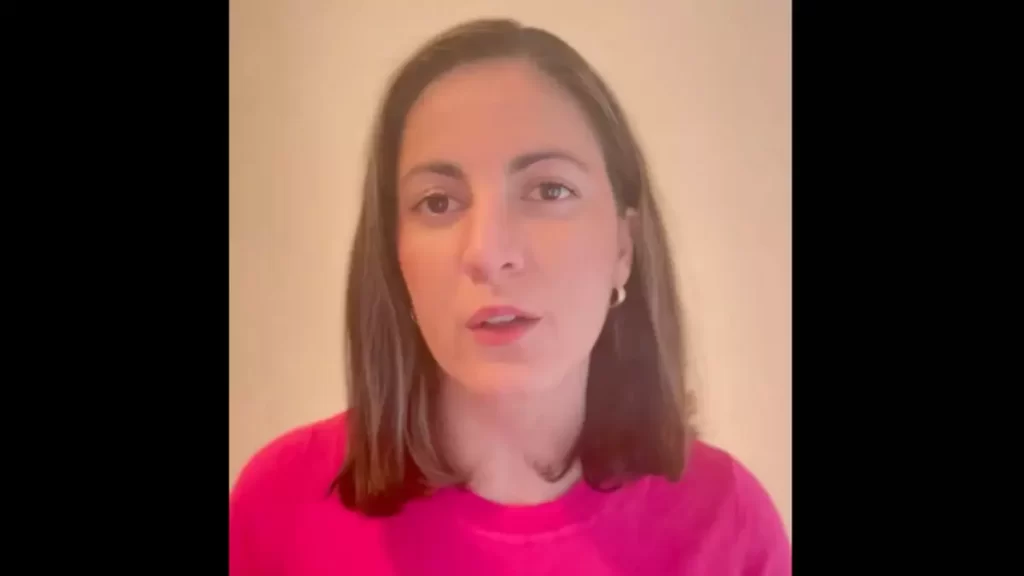
![]() EFE (via 14ymedio), Washington, D.C., March 7, 2024 — Cuban activist Rosa María Payá has been invited by Congressman Carlos Giménez to witness the annual State of the Union speech that the President of the United States, Joe Biden, will deliver this Thursday at the Capitol, the Republican legislator reported on Wednesday.
EFE (via 14ymedio), Washington, D.C., March 7, 2024 — Cuban activist Rosa María Payá has been invited by Congressman Carlos Giménez to witness the annual State of the Union speech that the President of the United States, Joe Biden, will deliver this Thursday at the Capitol, the Republican legislator reported on Wednesday.
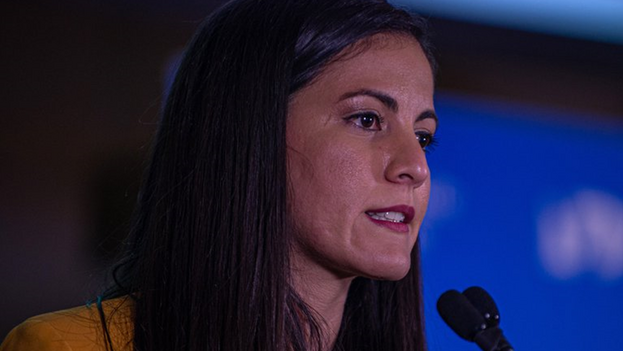
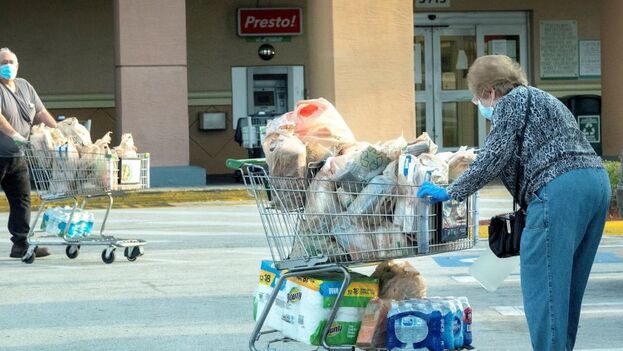
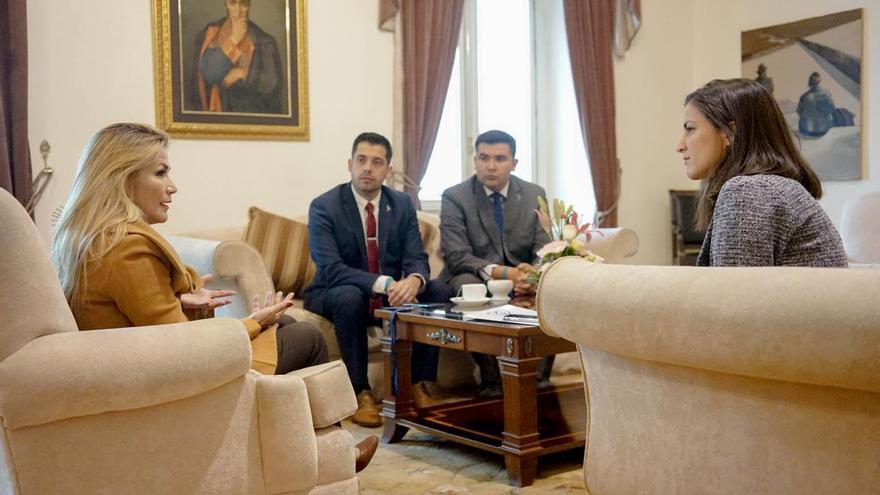

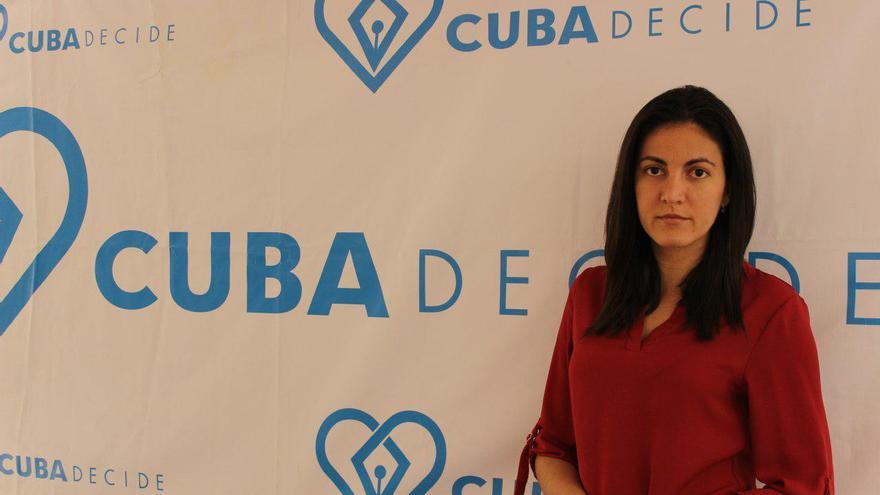
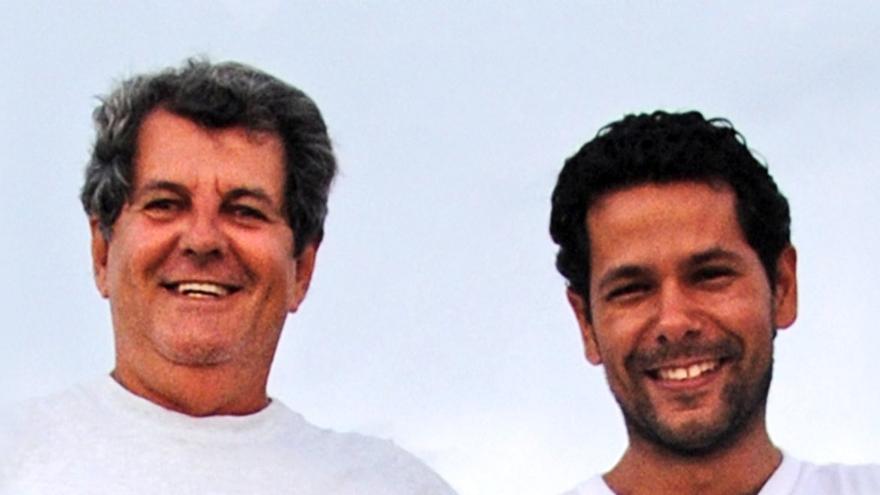
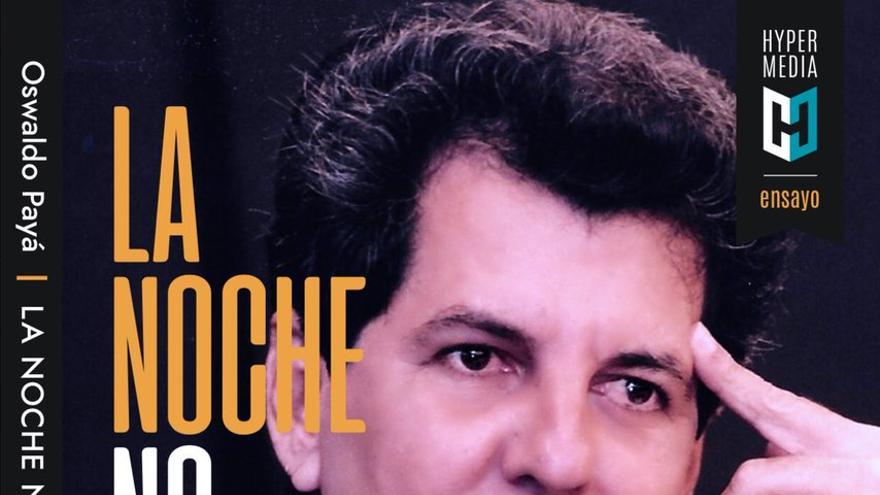
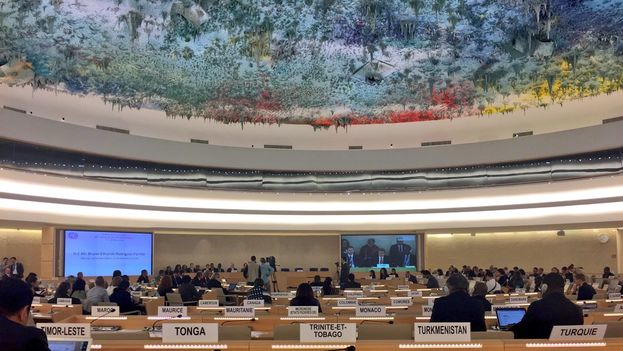
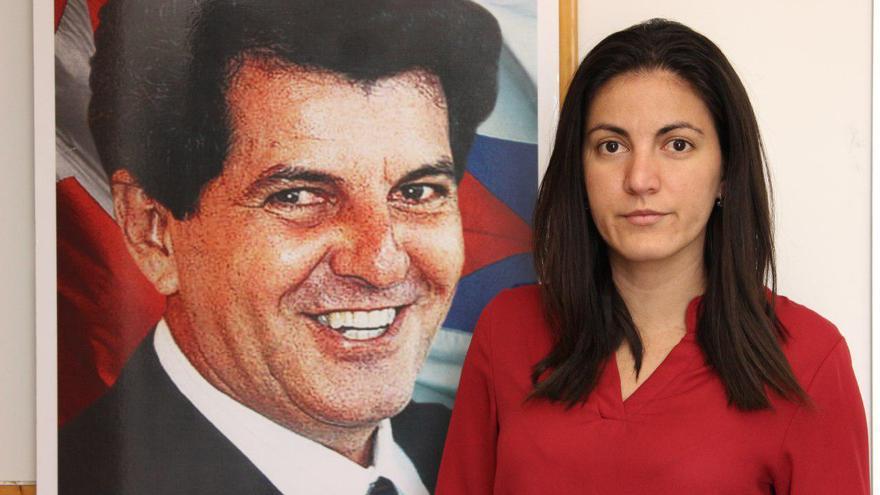
 Propagandists of the Castro dictatorship asked to interview me. Interview with
Propagandists of the Castro dictatorship asked to interview me. Interview with 